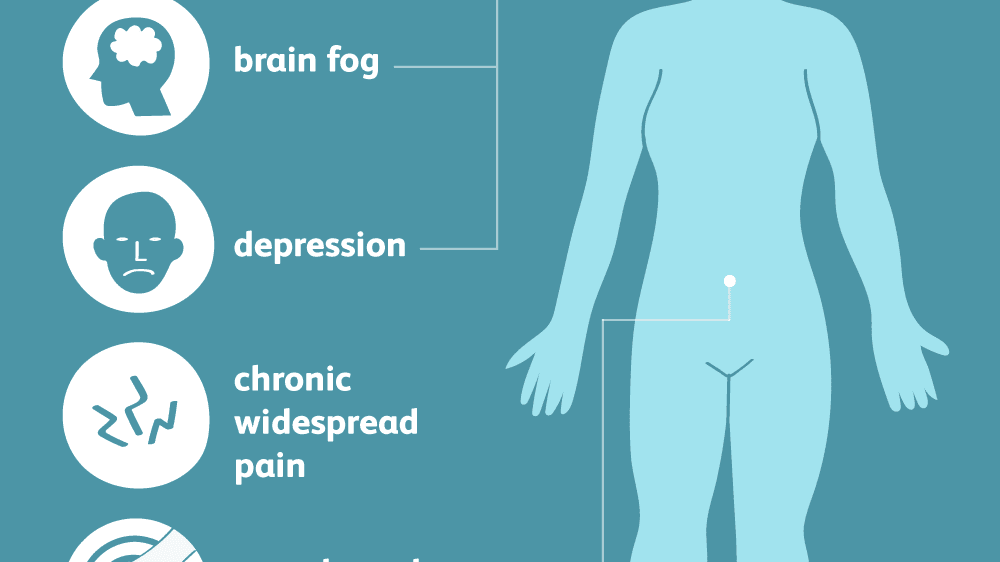
Fibromyalgia is a chronic or long-term condition that causes chronic fatigue and muscle pain (being fatigued)
You might also experience several other chronic pain disorders at the same time including: fibromyalgia. In most cases, it starts in the middle of adulthood but can happen later on in life as well. It can be disabling to the sufferer and their family members, and for some people, it is even life threatening.
Fibromyalgia can begin as a bout of pain or fatigue, but can quickly turn into something that could even affect your quality of life. Left untreated, fibromyalgia can lead to other health complications such as fatigue, depression, and even other complications such as cardiovascular disease, arthritis, and kidney disease. This chronic condition affects nearly 10% of Americans of all ages and can get worse if left untreated.
The most common symptom of fibromyalgia is chronic pain, especially in the neck, back, shoulders, or even arms. In some patients, the symptoms of fibromyalgia are similar to those of depression. Patients will often feel overwhelmed and unable to focus on work, relationships, and even personal hygiene.
Often times, people with fibromyalgia will experience chronic pain in one or more joints, or both. Sometimes pain can also affect your ability to walk, sit, or use your arms and legs. If you notice muscle cramps or difficulty walking and if it persists for more than two weeks, it may be important to seek medical attention. While there are some treatments for fibromyalgia pain, there is no one-size-fits-all treatment. Your treatment will depend on the cause of your pain, your age, and the medications you are taking.
There are several things you can do to help manage your fibromyalgia symptoms: you should try to get plenty of sleep every night, eat a healthy diet, exercise regularly, and take any over-the-counter medications you take for chronic fatigue. If you find yourself experiencing symptoms of fibromyalgia even if you are not in pain, your doctor may prescribe pain relievers. to ease your pain. Fibromyalgia is usually not a serious medical condition, but it can still be uncomfortable and confusing, so you should talk to your doctor if you think you may be having problems. with this condition.
If your fibromyalgia does include chronic fatigue, it's important that you take advantage of all of the many treatment options that are available to you. Many doctors will prescribe a treatment plan that involves taking medication, sleeping pills, and even surgery to treat your fatigue. Talk to your doctor about your fatigue and make sure you know what your options are.
If your doctor gives you advice on a daily routine, such as getting regular massage or taking a heat treatment, that's great, as it will ease the stress on your muscles and help your muscles relax. But if you don't want to take medication or take a medication, try to make sure you stretch before, during, and after your massage, as well as during your sleep, to keep your muscles loose and allow blood circulation. If your muscles are tight, this will help improve blood circulation, which will help relieve your pain.
There are a number of natural products that are available to help treat your pain, including acupuncture, yoga, meditation, massage, and aromatherapy. These methods have shown to be very effective in relieving the pain, and symptoms of fibromyalgia. There are also many different types of pain relievers, like Tylenol, aspirin, ibuprofen, and muscle relaxers, that can be used to relieve the pain as well.